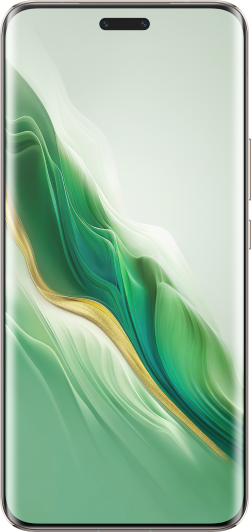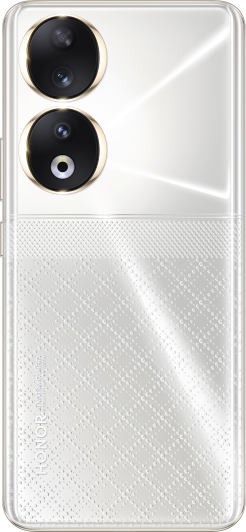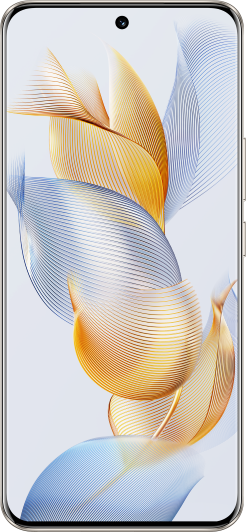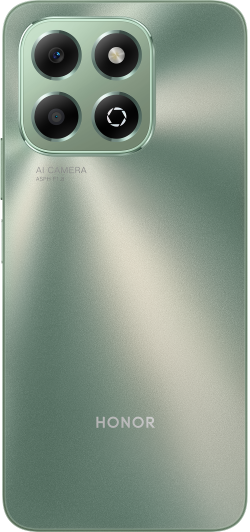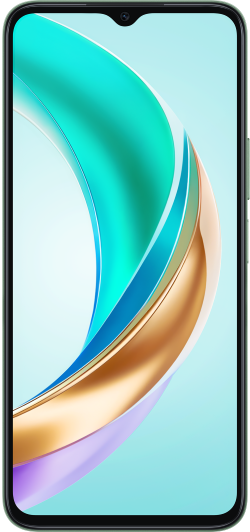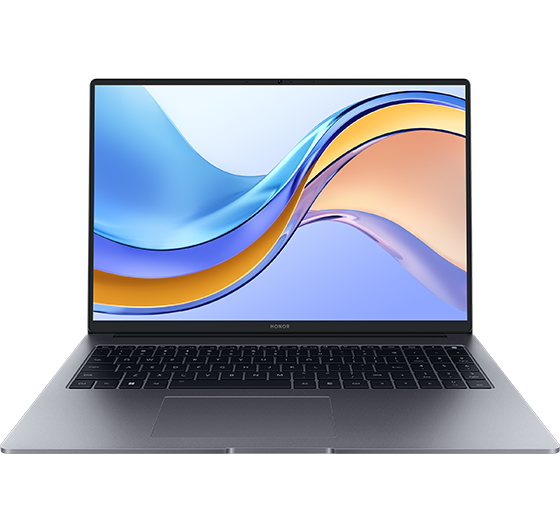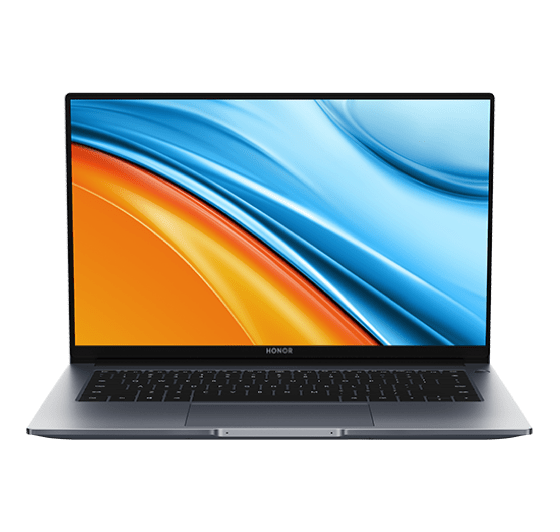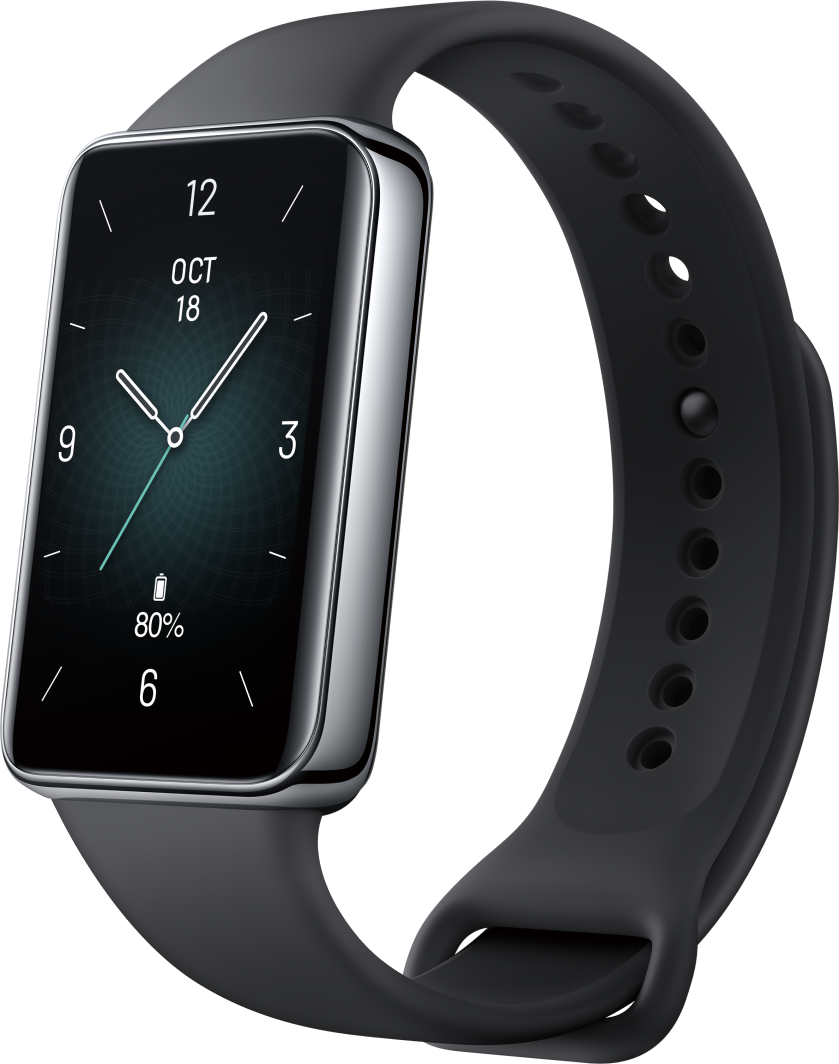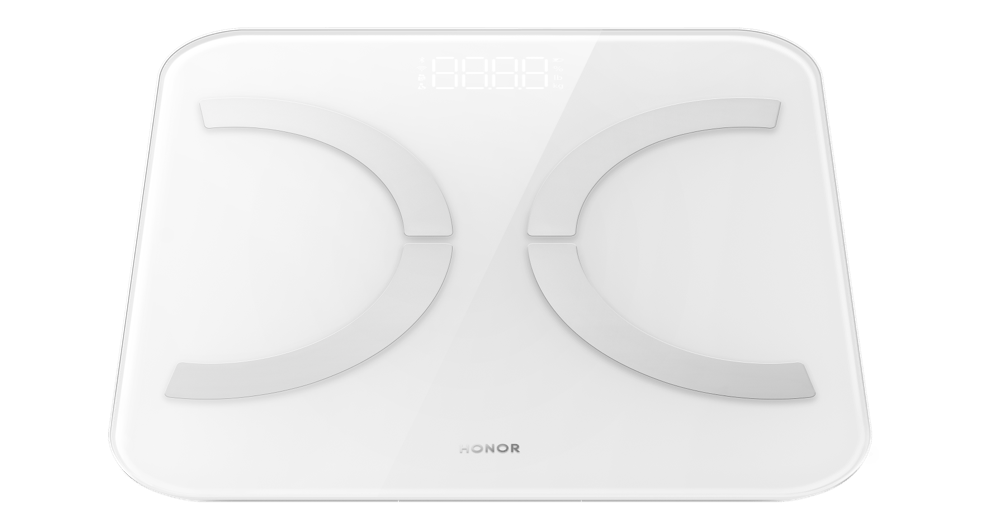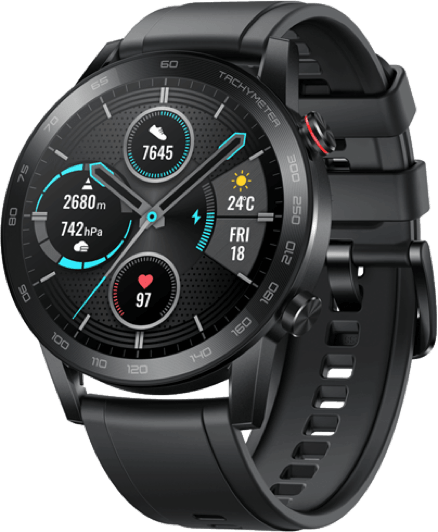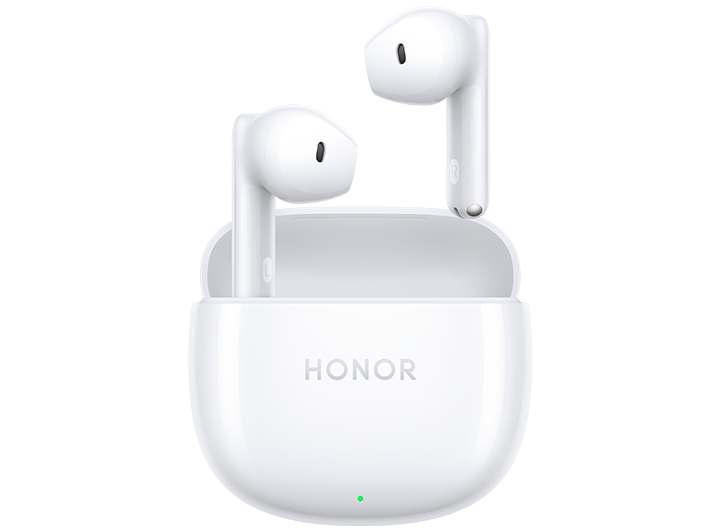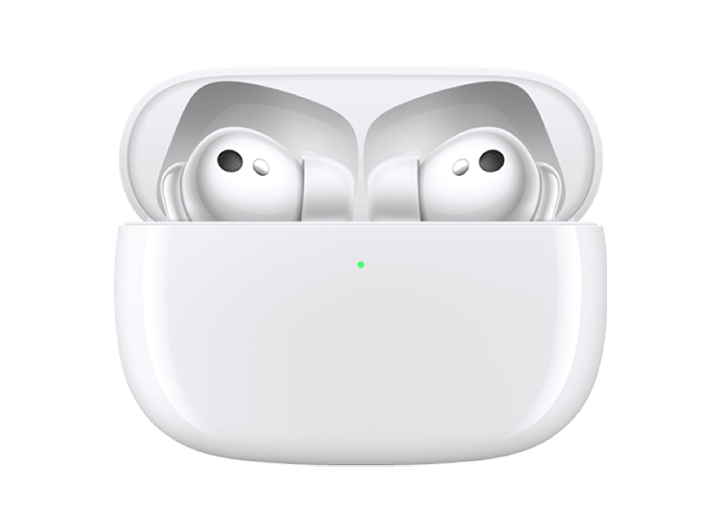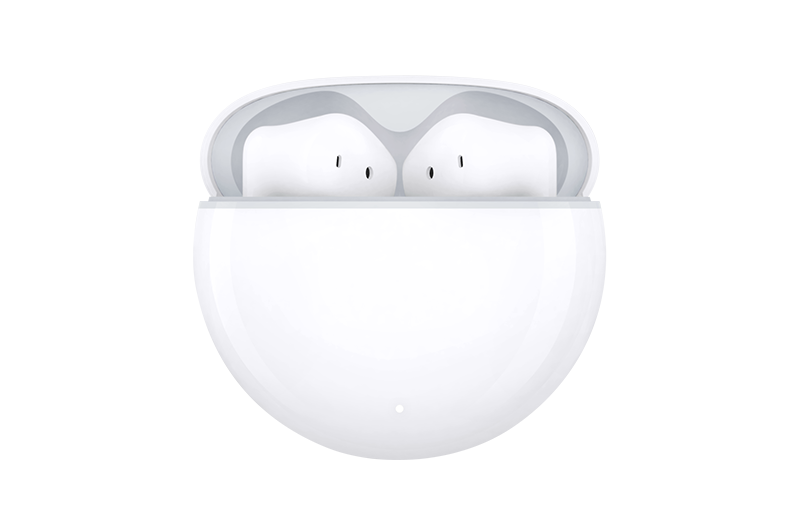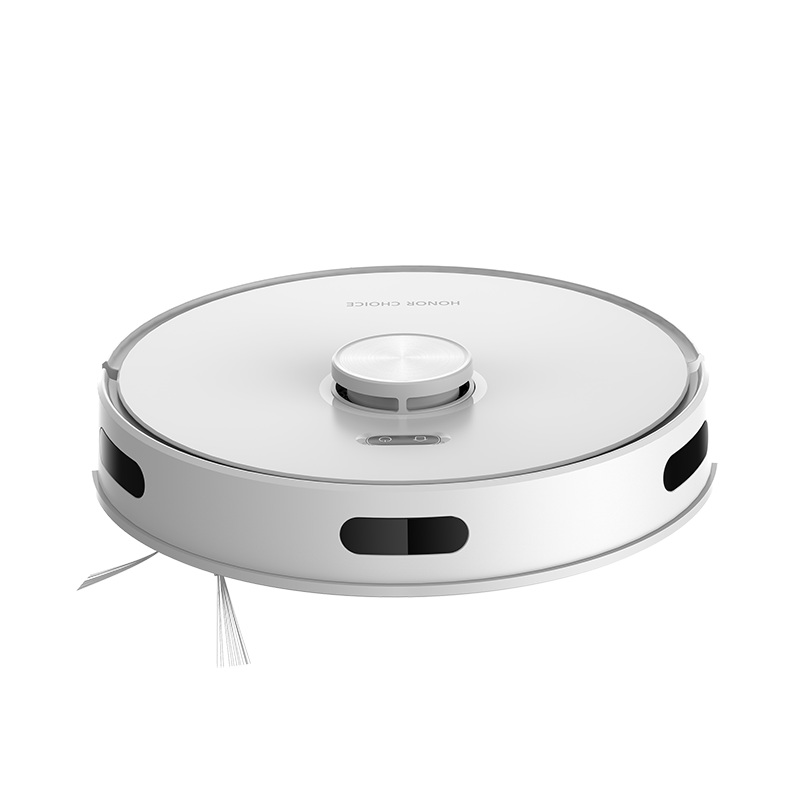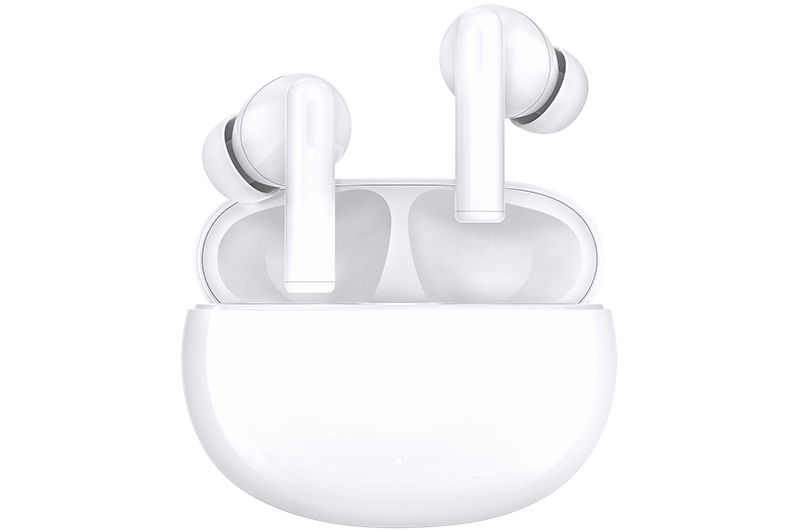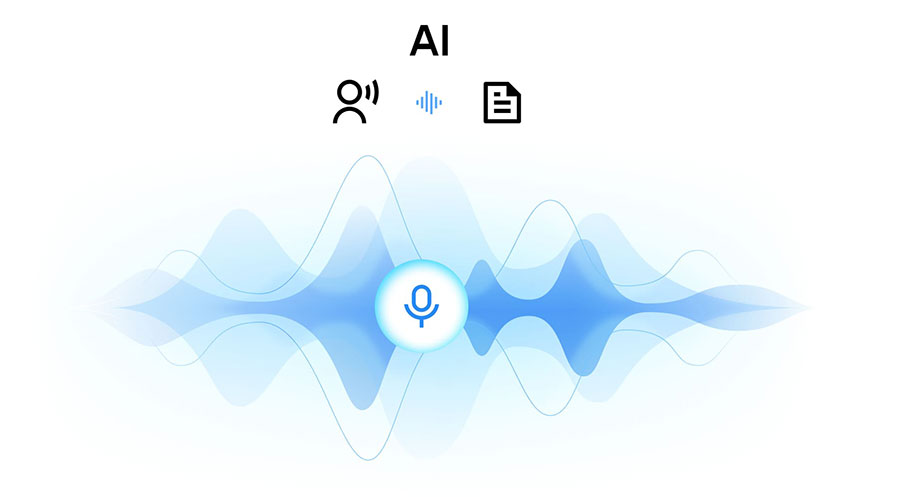TOP

我的荣耀 开启荣耀之旅
To log in to your account, you must first agree to the HONOR PLATFORM TERMS OF USE and HONOR Platform Privacy Statement. If you do not agree, you may only browse the site as a guest.
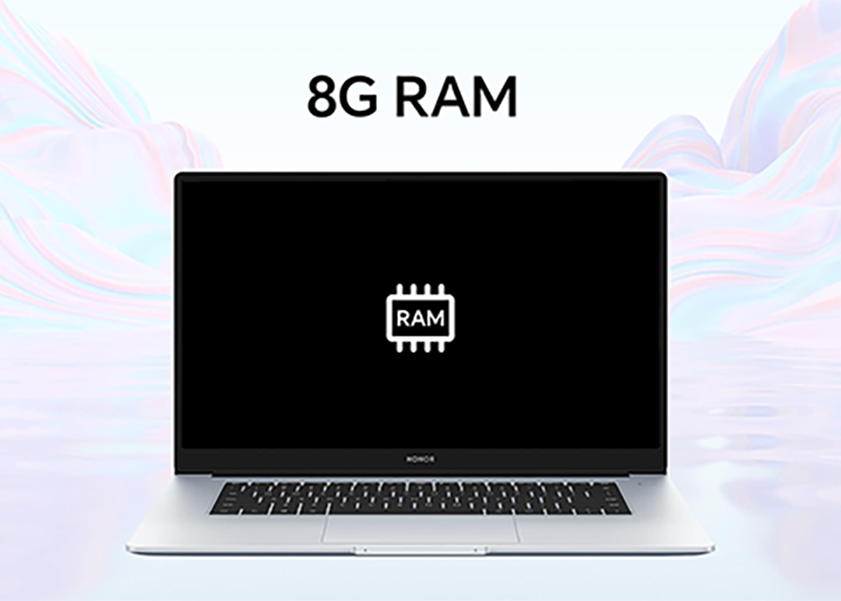
Decoding RAM Requirements: Is 8GB RAM Enough for Laptop?
In today's fast-paced digital world, choosing the right specifications for your laptop can be a daunting task. Among the myriad of choices, one critical aspect stands out – the RAM. RAM (Random Access Memory) is a vital component that dictates your laptop's performance, affecting everything from multitasking capabilities to the smooth running of applications. Particularly, a common specification we often encounter is 8GB of RAM, but is 8GB RAM enough for laptop? In this guide, we delve into what 8GB RAM means for a laptop, evaluating its adequacy for various user needs, assessing its futureproofing for the next five years, and helping you determine how much RAM you truly need. Let's dive in!
What Does 8GB RAM Mean on a Laptop?
When we talk about 8GB of RAM in a laptop, we're referring to its Random-Access-Memory capacity, which is a critical component dictating the device's performance. Essentially, RAM is your computer's short-term memory. It's where your system keeps the data it needs to access quickly, including everything from the operating system to the applications you run and the files you're actively working on. The more RAM you have, the more information your computer can handle at once without slowing down.
Equipped with 8GB of RAM, a laptop is generally considered to be in the 'moderately powerful' category. This amount of memory is adept at handling everyday tasks such as browsing the internet, working on documents, and even some light multimedia editing. It's a significant step up from the basic 4GB, offering smoother multitasking and an improved ability to handle more complex applications.
Is 8GB of RAM Enough for a Laptop?
Having explored what 8GB RAM on a laptop entails, we now delve into the crux of the matter: Is this amount of RAM adequate for your needs? The answer to this question is nuanced and depends on various factors ranging from your usage habits to the types of applications you run.
For General Use and Multitasking:
If your laptop usage revolves around standard tasks such as browsing the web, checking email, streaming video content, light photo editing, and using standard office software like word processing and spreadsheets, 8GB RAM is generally more than adequate. It allows for smooth multitasking, enabling you to switch between different applications and browser tabs without significant slowdowns.
For Gaming:
In the realm of gaming, 8GB RAM's adequacy varies significantly based on the game's requirements and settings. Casual and mid-range games should run smoothly on 8GB of RAM, especially if the laptop has a dedicated graphics card. However, for high-end gaming, especially with the latest AAA titles that demand high performance for optimal graphics and seamless gameplay, 8GB may fall short.
For Heavy-Duty Tasks:
For heavy-duty tasks like video editing, 3D rendering, large-scale data analysis, or running complex simulations, 8GB of RAM is often the starting point. While it can handle some light to moderate tasks in these categories, professionals working with high-resolution video files, large datasets, or advanced graphical tasks will find 8GB limiting.
The Role of Other Components:
It's also important to remember that the overall performance of a laptop is not solely dependent on RAM. Other components, such as the processor (CPU), storage type (HDD vs. SSD), and graphics capabilities, play significant roles. A 8GB RAM laptop like the HONOR MagicBook X 16, with its powerful 12th Generation Intel® Core™ i5-12450H processor and expandable 512GB+1TB SSD storage can often outperform a laptop with more RAM but older or slower storage and CPU.
So, is 8GB RAM good for a laptop? 8GB RAM on a laptop indicates a level of performance that can efficiently handle everyday tasks with ease while providing some leeway for more demanding applications, especially combined with a powerful processor and a solid-state drive (SSD). It strikes a balance between affordability and capability, making it a popular choice among a wide range of users.
Is 8GB RAM Enough for the Next 5 Years?
As we've established, 8GB RAM currently serves well for average computing needs. However, the relentless pace of technological advancement and software development poses a significant question: Will this amount of RAM hold up in the near future? Let's explore the relevance of 8GB RAM for the next half-decade:
Software Evolution
Software development trends suggest that applications will continue to consume more resources. With the integration of AI and machine learning, even everyday applications are likely to demand more RAM. As a result, the baseline for RAM might increase, making 8GB potentially insufficient for power users or those looking to keep their laptops relevant for the next five years.
Multitasking Demands
Modern computing involves a high degree of multitasking, with several applications running simultaneously. This trend is only expected to intensify, and with it, the memory requirements. While 8GB can handle multiple tasks today, the increasing resource demands of individual applications could lead to performance bottlenecks in the coming years.
Operating System Updates
Operating systems are also becoming more resource intensive. With the release of Windows 11, the minimum RAM requirement has increased, indicating a trend where future operating systems may demand more memory for optimal performance.
In summary, 8GB RAM, though sufficient today, faces uncertainty in meeting the escalating demands over the next five years. For advanced users or those aiming for longevity in their laptop's performance, opting for more RAM is recommended.
How Much RAM Do You Actually Need?
Determining the right amount of RAM for your laptop depends on your specific use case. Here's a guide to help you decide how much memory you need for your computing activities:
Basic Use
For those primarily engaging in basic activities such as web browsing, document editing, and light media consumption, 4GB to 8GB of RAM should suffice. This range is adequate for handling everyday tasks without noticeable lag.
Moderate Use
If your computing involves more intensive tasks like moderate photo editing, frequent multitasking, or casual gaming, 8GB to 16GB of RAM is recommended. This range offers a comfortable buffer for smoother performance and efficient handling of more demanding applications.
Advanced Use
Professional users involved in high-end gaming, video editing, 3D modelling, or using intensive applications like virtual machines, should consider 16GB to 32GB or more. This higher range is essential for handling these heavy-duty tasks efficiently without compromising performance.
Future Considerations
With evolving technology and software becoming more memory-intensive, opting for more RAM than you currently need might be a wise choice. This is especially true if you plan to keep your laptop for several years, as it will offer more longevity and adaptability to future requirements.
Conclusion
In conclusion, determining 'is 8GB RAM enough for laptop' depends on various factors, including your specific usage patterns and future technology trends. Throughout this article, we've explored the implications of 8GB RAM in a laptop, from its current adequacy to its potential over the next five years, and the general RAM requirements for different types of users. While 8GB RAM may suffice for average users today, it's essential to consider the evolving software demands and potential need for more memory in the future. By understanding your personal or professional needs and anticipating technological advancements, you can make a well-informed decision about the right amount of RAM for your laptop.
FAQ
Should I buy 8GB or 16GB RAM laptop?
The choice between 8GB and 16GB of RAM for a laptop depends on your specific usage needs. Choose 8GB RAM for basic tasks like web browsing, office work, and light media use. It's budget-friendly and adequate for general use. Go for 16GB RAM if you're into gaming, video editing, or heavy multitasking, as it offers better performance and futureproofing.
Is 8GB RAM enough for Windows 11?
Yes, 8GB RAM is generally sufficient for basic to moderate usage on Windows 11. According to Microsoft's official system requirements, Windows 11 requires a minimum of 4GB RAM. With 8GB, you can comfortably manage everyday activities like web browsing, working with office applications, streaming videos, and light multitasking. However, if you plan to engage in more resource-intensive activities, you may experience slower performance.
How fast is 8GB RAM laptop?
The speed of a laptop with 8GB of RAM depends on several factors beyond just the RAM size. While an 8GB RAM laptop can be quite fast for everyday tasks like browsing the internet, office work, and streaming, the overall speed of the laptop is also influenced by other components such as the processor (CPU), storage type (like SSD or HDD), and the specific software or tasks you are running.
Source: HONOR Club
SUBSCRIPTION
I agree to receive the latest offers and information on HONOR products through email or IM (e.g. WhatsApp) provided below and advertisement on third-party platforms. I understand that I can unsubscribe anytime according to Chapter 5 of HONOR Platform Privacy Statement.
CONTACT
Honor Technology (Malaysia) Sdn Bhd
(Registration No.: 202101003804)
1800-88-5645
9:00 AM - 6:00 PM
Copyright © Honor Device Co., Ltd. 2020-2025. All rights reserved.
We use cookies and similar technologies to make our website work efficiently, as well as to analyze our website traffic and for advertising purposes.
By clicking on "Accept all cookies" you allow the storage of cookies on your device. For more information, take a look at our Cookie Policy.
Functional cookies are used to improve functionality and personalization, such as when playing videos or during live chats.
Analytical cookies provide information on how this site is used. This improves the user experience. The data collected is aggregated and made anonymous.
Advertising cookies provide information about user interactions with HONOR content. This helps us better understand the effectiveness of the content of our emails and our website.










